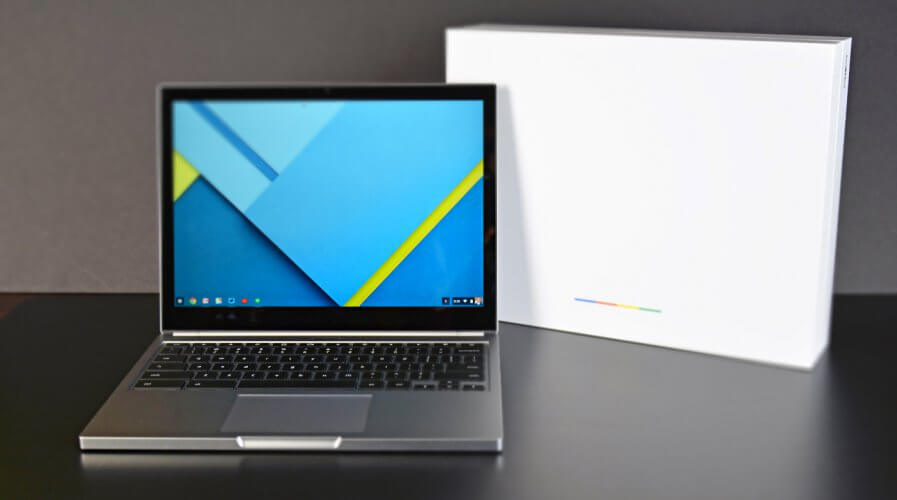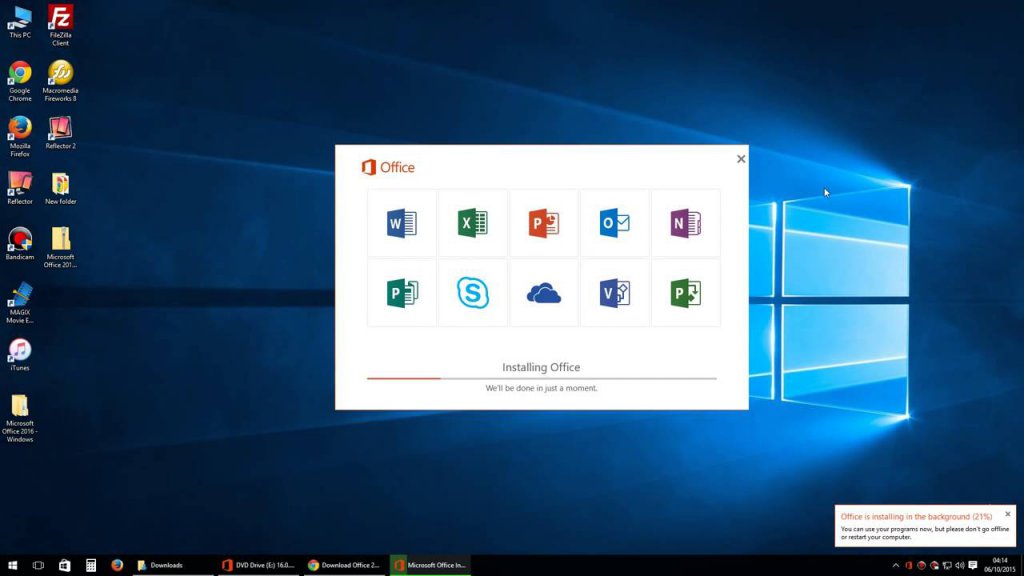
The Chromebook’s capabilities are increased with the (partial) availability of Office. Source: Google
Microsoft Office now coming to a Chromebook near you
SOME TECHNOLOGIES seem to appear before their time, or at least, represent a great concept which doesn’t really come to fruition, or gain adoption across the enterprise.
In the portable computing space, netbooks seemed to offer a cheap, lightweight and effective way everyone could work on the move. More recently, Chromebooks offered much the same promise – cheap, thin, light and able to do just about anything required, as long as the user had Internet access.
But business people seem to prefer their Windows or Apple laptops, albeit with a few vanguard users using their Surface or iPad Pro machines – the new slate/laptop combinations.
Chromebooks are becoming more popular, however, especially since support for Android apps was added to the platform. This meant, in particular, that Office Mobile could run on some Chromebooks, giving at least a few users access to the de facto standard of productivity: Word, Excel, and PowerPoint.

Download Office – now onto your Chromebook. Source: Google
As of yesterday, the full Office suite is available on the Play Store for (some) Chromebooks: the Pixelbook, two variants of the Acer Chromebook 15, the Acer C771 and the Samsung Chromebook, at least – there are probably more, but no official list from Microsoft itself of compatible models, as yet.
Microsoft’s move to make the Office Suite more widely available may be a response to the increasing competitive pressure on the company from the range of Office alternatives available as free downloads or on the web.
Linux users will know LibreOffice, OpenOffice, AbiWord and others well, and Apple’s attempts at the office suite is partially successful at the consumer level (Numbers, Pages, and Keynote) due to its (relatively) seamless reach across the web, iOS and Mac OS. In Apple’s case, iCloud synchronization problems and default proprietary file formats make it a stranger to the larger enterprise, however.
The web-based Google apps which compete directly with Microsoft’s Office remain largely free for most every day users, and even the largest of enterprises can use the Docs/Drive/Sheets/Slides/Forms/et al collection at little cost, and of course, the Chromebook fits neatly into that eco-system.
Industry pundits hailed the original Chromebooks as the answer to ensuring computing power would reach the hands of the masses, in schools and across the developing world. In today’s enterprise, with tech as “a given”, Chromebook distribution could be a way in which staff can easily and cheaply be empowered to work either at home or as latter-day “road warriors“.
If Microsoft is to be able to continue to justify its paid subscription model for Office, making the software available for a wider range of platforms seems to be a sensible move.
Power users may need to remain with locally installed Office applications, or the Office 365 suite: Mac users will attest to the fact that Microsoft has, historically, hobbled its software on platforms that aren’t made of purest Microsoft.
Microsoft has history on its side, as is often the case, with many organizations now using Office as a fully bedded-in system. For instance, while Google’s Sheets can reproduce much of the extended “quasi-application” functionality available to Excel power-users, it would require a significant retooling for organizations to switch to Google wholesale.
By continuing to allow the “full” Office suite to propagate onto as many platforms as possible, Microsoft’s position on the workplace’s endpoints may continue to be unassailed for some time to come.
READ MORE
- Strategies for Democratizing GenAI
- The criticality of endpoint management in cybersecurity and operations
- Ethical AI: The renewed importance of safeguarding data and customer privacy in Generative AI applications
- How Japan balances AI-driven opportunities with cybersecurity needs
- Deploying SASE: Benchmarking your approach




